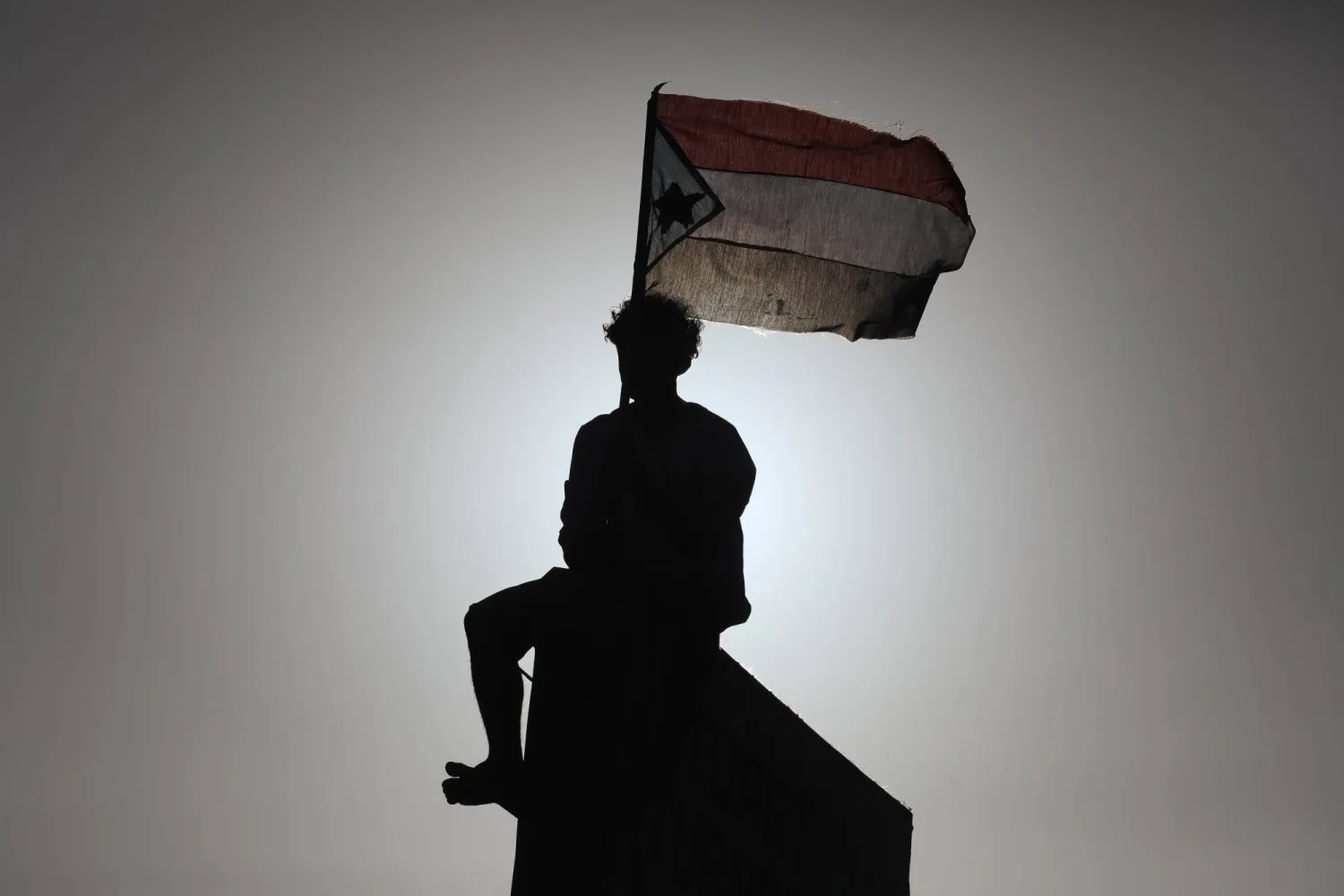Jordan's Deputy Prime Minister and Minister of Foreign and Expatriate Affairs Ayman Safadi stressed that the focus should be on establishing security and stability in southern Syria and preventing the smuggling of drugs into Jordan.
Safadi emphasized that Jordan is facing threats from drug trafficking, terrorism, and the presence of militias in southern Syria.
Jordan is taking all necessary measures to combat these threats and hopes to work with Russia to eliminate them, he added during a meeting with the Russian President's Special Envoy on Syria, Alexander Lavrentiev.
Safadi reiterated that Russia guarantees stability in southern Syria and of de-escalation agreements and reconciliations reached in 2018.
The meeting focused on establishing security and stability on the Syrian side and confronting the challenge of drug smuggling to the kingdom.
Safadi underlined the need to find a political solution to the Syrian crisis that meets the aspirations of the Syrian people, eradicates terrorism, protects Syria's territorial integrity and unity, restores security, and establishes the conditions for the refugees to return voluntarily under UN resolution 2254.
He briefed the Russian envoy and his accompanying high-level joint delegation on the Jordanian proposal to play a leading Arab role in efforts to solve the crisis through direct engagement with Syria.
The officials stressed the importance of Jordanian-Russian coordination in addressing the challenges in southern Syria and efforts to advance toward a political solution.
Moreover, Safadi applauded the UN Security Council's adoption of resolution 2672, which will make it easier for humanitarian aid to enter Syria across borders and meet the needs of more than 4.1 million Syrians.
For his part, Lavrentiev praised Jordan for sheltering Syrian refugees and aiding international efforts to find a political solution to the crisis.
He stressed that Russia will cooperate with Jordan in confronting the challenges in southern Syria.
Safadi and the Russian delegation stressed the importance of supporting the efforts of the UN envoy to Syria, Geir Pedersen, to achieve progress in the political process.
Lavrentiev was in Amman to follow up on a visit by Russian Foreign Minister Sergei Lavrov in November.
Jordan's King Abdullah II met with the FM and stressed the importance of stability in Syria, especially the areas bordering the kingdom.
King Abdullah noted the need to activate efforts to reach a political solution to the crisis in Syria, safeguarding its unity and territorial integrity while guaranteeing the safe and voluntary return of refugees.









